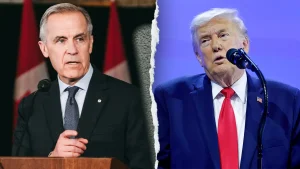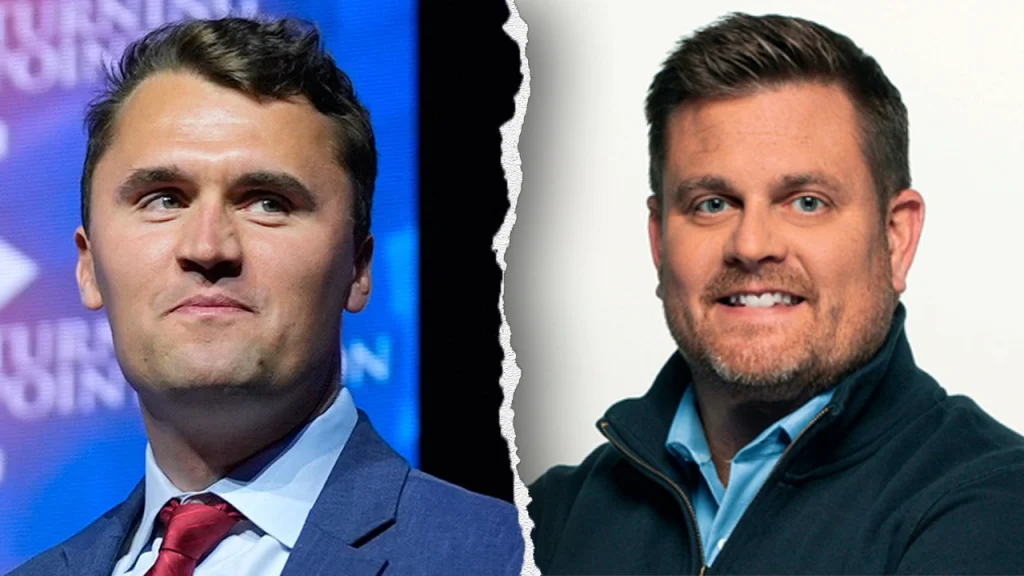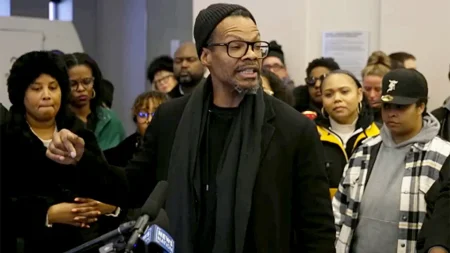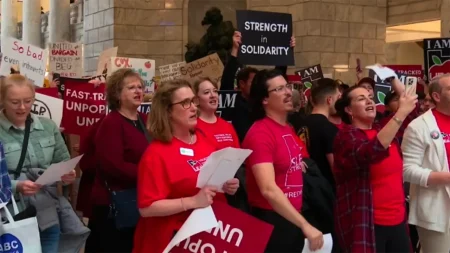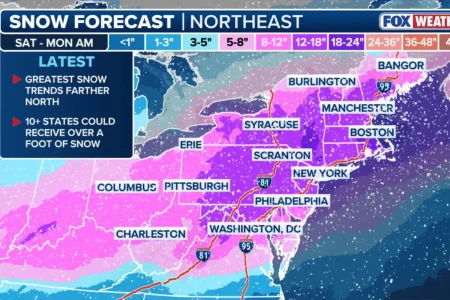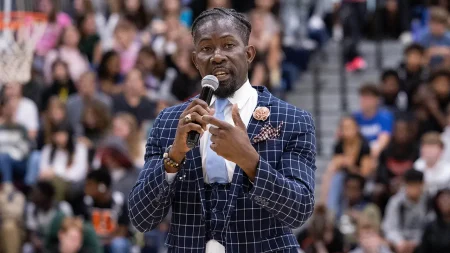The Rising Tide of Political Violence in America
In recent months, America has witnessed a disturbing trend that experts are calling “assassination culture” – a phenomenon where political violence is increasingly normalized, celebrated, and even memeified across ideological divides. This alarming development was tragically highlighted by the recent assassination of Turning Point USA founder Charlie Kirk, who was shot and killed while speaking at Utah Valley University. Ironically, Kirk himself had warned about this very threat months before his death, noting the spread of what he called an “assassination culture” particularly on the political left.
The Network Contagion Research Institute and Rutgers University Social Perception Lab have been monitoring this disturbing trend, publishing research that reveals how political violence targeting high-profile figures like Donald Trump and Elon Musk has become increasingly normalized in public discourse. Their study found shocking statistics: over 30% of survey respondents indicated they believed murdering prominent billionaires could be “at least somewhat justified.” This figure jumped to 50% among self-identified left-leaning respondents. Researchers noted that following the July 2024 attempted assassination of then-candidate Donald Trump, tolerance and even advocacy for political violence appeared to surge, particularly among politically left-leaning segments of the population. The report warns that the targeting of Tesla cars with arson and rhetoric around “killing billionaires” has evolved into a “meme aesthetic for political violence” – essentially the gamification and normalization of deadly serious acts.
The past year has seen a string of high-profile assassination attempts and successful killings that demonstrate this isn’t merely theoretical. In December 2023, UnitedHealthcare CEO Brian Thompson was shot in the back by a masked gunman outside a New York City hotel. Police later arrested Luigi Mangione, a 26-year-old former Ivy League student from a wealthy Maryland family, who allegedly left bullet casings with messages critical of the health insurance industry at the scene. In July 2024, a sniper fired multiple shots at Donald Trump during a campaign rally in Pennsylvania, killing firefighter Corey Comperatore and wounding others before being neutralized by counter-snipers. Most recently, Charlie Kirk was killed by a single shot to the neck while speaking at a campus event. Police arrested 22-year-old Tyler Robinson, who had reportedly etched online memes and anti-fascist references on bullet casings loaded in the murder weapon. Each of these attacks appears motivated by ideological extremism and targeted high-profile individuals representing particular political or corporate interests.
Perhaps most disturbing is how these acts of violence have spawned cult-like online followings. Mangione, the alleged killer of UnitedHealthcare’s CEO, has attracted fervent supporters who appear at his court hearings carrying “Free Luigi” signs, many dressed as Nintendo’s Luigi character. When a judge recently dropped terrorism charges against him, these supporters cheered openly in the courtroom. Online, references to Mangione have evolved into “coded endorsements of political violence, cloaked in irony, memeification, and plausible deniability,” according to researchers. This pattern of celebrating and mythologizing political assassins creates a dangerous feedback loop, potentially inspiring copycats seeking similar notoriety. Federal prosecutors specifically warned that Mangione’s actions could inspire more political killings, writing in a court memo that “the defendant hoped to normalize the use of violence to achieve ideological or political objectives.”
The psychological dimensions of this trend are equally concerning. The NCRI-Rutgers study identified several red flags that appear to correlate with support for political violence, including elevated levels of psychological distress, social alienation, and ideological extremism. Crucially, the research points to how online platforms function as accelerants, spreading “radical ideation” and creating communities where extreme views can be normalized and reinforced. This digital ecosystem allows individuals with violent tendencies to find validation and encouragement for their most destructive impulses, while the ironic distancing and meme culture provides plausible deniability for those promoting violence. The researchers’ findings “underscore the erosion of democratic norms and the growing acceptability of political violence in American discourse, particularly among ideologically extreme communities online.”
In response to this growing threat, authorities have ramped up security measures for public figures. The NYPD has issued threat assessments warning that business leaders, political figures, and other high-profile personalities may face increased assassination risks. The federal government has requested nearly $60 million in additional funding for executive and judicial branch security. Researchers urge political and cultural leaders to forcefully condemn political violence in all forms and call for continued monitoring of these trends. However, addressing this challenge requires more than just security measures and condemnations. It demands a broader societal reckoning with how we discuss political differences, how we consume and share content online, and how we respond to those who glorify violence against those with whom they disagree. The normalization of political assassination represents one of the gravest threats to America’s democratic tradition, one that crosses ideological boundaries and endangers the very foundation of civil society.
